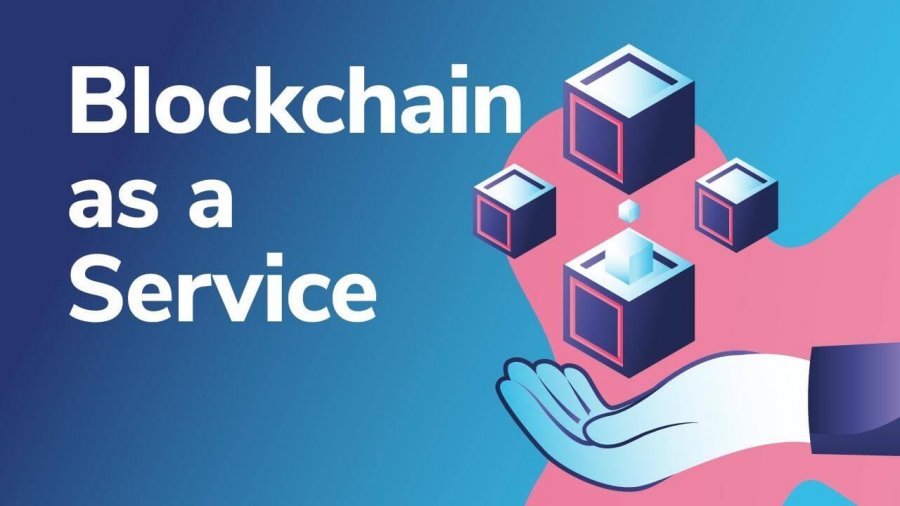The Value of a Trustworthy Identity
The worldwide coronavirus epidemic is adding to the already large number of remote employees and consumers. Each business has to deal with a spike in the amount of online identities that need to be confirmed. An successful identity proofing system combines high security with enjoyable user experiences.
Security and accessibility must be balanced in businesses. As practically everything moves online, the situation will only become more complicated. Customers want their data and information to be safe, but they also don’t want to be bothered with time-consuming authentication procedures.
Identifying the risk of fraud
The growing digital footprint of online activity allows for the identification of patterns of behaviour and the determination of whether or not a device is linked to potential fraud across a variety of online activities. A system that combines digital footprint data with consumer credit and public records data will give a more comprehensive picture.
All of this technology aids identity proofing organisations in early detection of possible fraud situations for their clients. Multiple methods of authentication, as well as fraud detection services, are replacing the traditional username/password authentication procedure used by online shops and banks.
- Knowledge-based authentication (KBA) is a type of authentication that is based on difficult-to-guess personal or credit data.
- Using email and phone as part of a multi-factor identification process
- Online Identity verification based on documents
- Risk evaluation of digital attributes
- Analyzed behaviour
- Analyzing reputation and links,
Computers can learn a person’s identification and be used to boost pass rates in online companies. Thanks to their ability to correlate various devices with one other. Consumers may be certain that their identities are being effectively protected, while businesses can be confident, that they are safeguarding themselves and their customers against fraud.
Identity Verification for Businesses Must Evolve for a Variety of Reasons
The importance of online identity verification in establishing confidence between organisations and their consumers cannot be overstated. It’s easy to overlook the value of identity verification in our daily interactions, especially as technology, dangers, and threats continue to advance. Id verify is now required in practically all online and offline transactions.
As we continue to set our sights on expanding possibilities, these are the key reasons financial institutions need to develop with online identity verification.
Identity is always changing
To be successful, digital identity theft needs a more complex strategy. Data networks are becoming more resilient to avoid this, with unique IDs for credit data, email, phone numbers, government-issued ID numbers, and other information now incorporated. Previously, the most common unique identifiers were names, location, birthdate, and card details.
Biometric developments
Biometrics, the most recent advancement in id verification, allows people to be verified using geolocation, fingerprints, or face recognition.
It should come as no surprise that forward-thinking firms are eager to adopt this function as part of their onboarding services, given its unrivalled degree of protection when it comes to reducing identity theft.
A consumer-centric approach to identity verification
Consumers can afford to be picky as they grow more security-conscious, thanks to more competition and alternatives. Financial institutions are starting to embrace their online identity verification process in order to implement a more customer-centric approach. This can have good consequences, such as reduced friction and increased security, as well as enhanced customer relationships.
Use of Multi-Layered Authentication Strategy.
Multi-factor verification acts as a layered defence against scammers, making unauthorized access to accounts, information, and gadgets more complex. This necessitates financial institutions’ capacity to access a wide range of data sources that are rapid, trustworthy, and accurate.
More users require efficient processes
Although aspects of identification and verification are always evolving, financial institutions must consider simplifying their operations to stay current. Financial institutions will be able to grow their operations effectively while reducing rising threats and hazards and maintaining compliance with developing regulations and compliance requirements with this level of responsiveness.
Minimize resource strain with one-stop verification solutions
Financial institutions must use verification services that will meet their business demands today and in the future as technology advances, rules change, and consumers want better service. Organizations may take a flexible and strategic approach to verify id by employing technologies to automate efficiency, which will help cut costs over time and provide a better experience for consumers.
Long Story Short
The key to supporting financial institutions in successfully and safely on-boarding customers is verification id technology. Organizations may stay compliant and on-board fast while decreasing fraud by utilizing the most up-to-date technology available today. As a result of this foresight, customers will be more loyal as a result of a positive first impression that makes them feel comfortable and secure.


























Leave a Reply